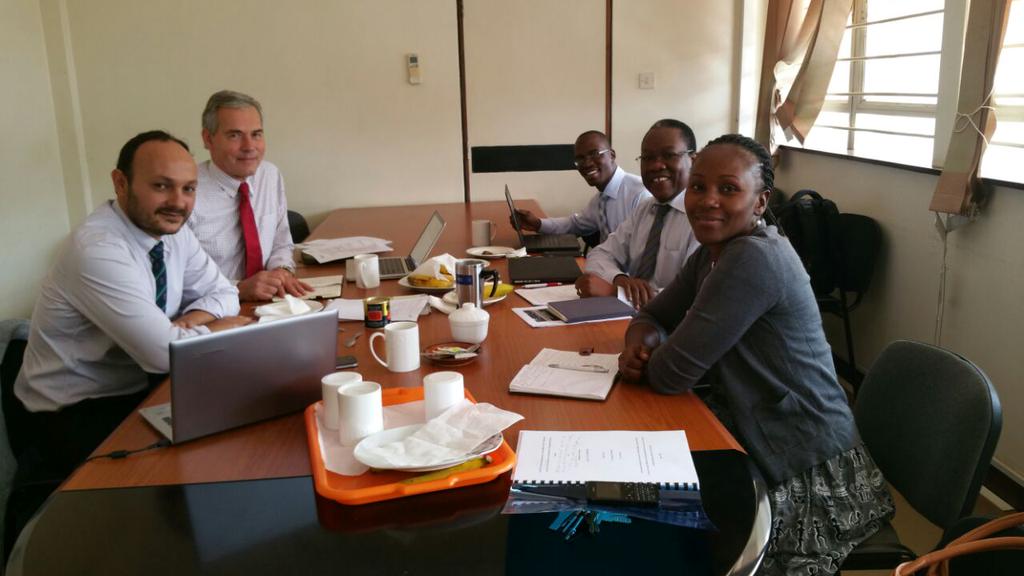Uganda: SPEED
Supporting Policy Engagements For Evidence-based Decisions (SPEED) for Universal Health Coverage in Uganda
The European Commission call aims to contribute to the protection and promotion of the population's health through the promotion of policy advice to national level decision-makers in low-income countries. The main strategy for the project “Supporting Policy Engagements For Evidence-based Decisions (SPEED) for Universal Health Coverage in Uganda” to this end is to provide national health authorities and stakeholders with evidence - based and locally adapted policy advice, training and other support to guide policy-making and the monitoring of implementation arrangements at national or sub national levels.
|
When: |
2015 - 2020 |
|
Where: |
Uganda |
|
Who: |
Beneficiary: Makerere University School of Public Health - Uganda Implemented by: Makerere University School of Public Health - Uganda Co-applicants:
|
|
What: |
Policy analysis is identified as a major focus of expertise to be developed in this program. To sustain this in low-income countries, the project plans to enhance the knowledge, expertise and resources of institutions responsible for public health training and research in countries like Uganda. To boost the capacity of public health institutions, a partnership approach is proposed as a means of pooling expertise and resources from the other institutions and focusing it on building competence in policy analysis and policy advise at eligible institutions. Makerere University School of Public Heath in this respect is the eligible beneficiary institution with a fairly well established track record in research generation, public health training, and policy influence in Uganda. In Uganda, the efforts will address universal health care coverage as the overarching policy goal. At the population level, the contribution of this action will range from engaging decision makers in forums that enhance shared learning, shared vision of UHC goals, and collaborative decision-making. This action will contribute directly and indirectly to improved guidelines, policies and legislations (techno-centric and politico- centric) and to providing feedback to decision makers about the implementation of policy programs for UHC. It aims to build policy relevant advise, creating space/forum for stakeholders deliberations, learning and collaborative decision making, Ultimately, these will enhance ownership and relevance to the policies for UHC at national and sub- national level. |
|
Main Objectives: |
|
|
More @ |

